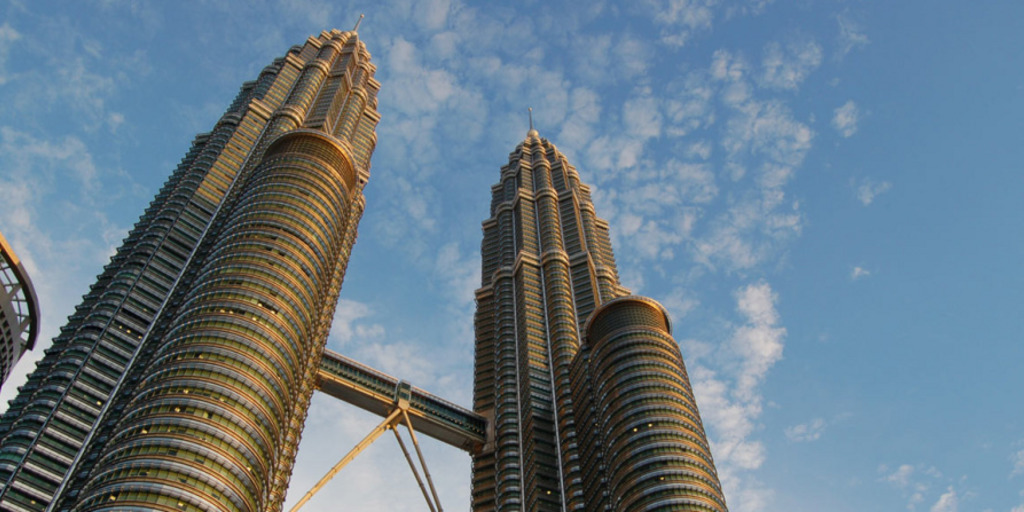The 2014 Global Economic Symposium will take place from Saturday to Monday (September 6–8) in Kuala Lumpur, Malaysia. Held under the auspices of the Malaysian government, the event will bring together decision makers and experts from politics, business, academia and civil society to develop practical policy recommendations for addressing global challenges.
The Bertelsmann Stiftung is participating in the exchange by organizing seven workshops and sessions. The event offers the foundation's international projects in particular the opportunity to gather new ideas and suggestions, to network with potential partners and to make the results from its own projects known.
In the workshop "Creating Virtuous Talent Triangles for Labor Migrants – An Asian Perspective," participants will look at possibilities for managing migration flows in a way that benefits countries of origin, destination countries and migrants in equal measure. The session is being organized by Christal Morehouse of the Bertelsmann Stiftung's International Center.
The roundtable discussion "Social Cohesion – Measuring Common Ground" will explore ways of adapting the foundation's Social Cohesion Radar, developed for western industrial nations, to Asia. The organizer is Peter Walkenhorst of the Germany and Asia program.
The session on "Transforming Education in the Digital Age" will be dedicated to the opportunities and risks stemming from the increasing number of online programs available in the area of higher education. Ralph Müller-Eiselt, the foundation's expert for the digitalization of education, will be overseeing the session.
The session on "Shaping a Free and Fair World Trade Order," organized by Ulrich Schoof of the Shaping Sustainable Economies program, will examine how a global trading system could be created that benefits as many people as possible, instead of only a few.
"Consensus-Building in Transformation Processes" will focus on the question of how Malaysia's transformation model, which has been successful in a range of areas, can be adapted to other countries with a high level of ethnic diversity. The session's organizer is Robert Schwarz of the Shaping Sustainable Economies program.
Finally, the double session on "Successful Policy Design for Social Security Systems," organized by Daniel Schraad-Tischler and Thomas Rausch of the Shaping Sustainable Economies program, will examine challenges related to creating sustainable social security programs in newly industrialized nations.
The Kiel Institute for the World Economy has been the main organizer of the GES since 2008. Since 2010 the Bertelsmann Stiftung has been providing substantive support for the conference, whose location alternates each year between Germany and other countries around the globe. Following this year's meeting in Malaysia, the next GES will take place from September 2–4, 2015, in Germany.



